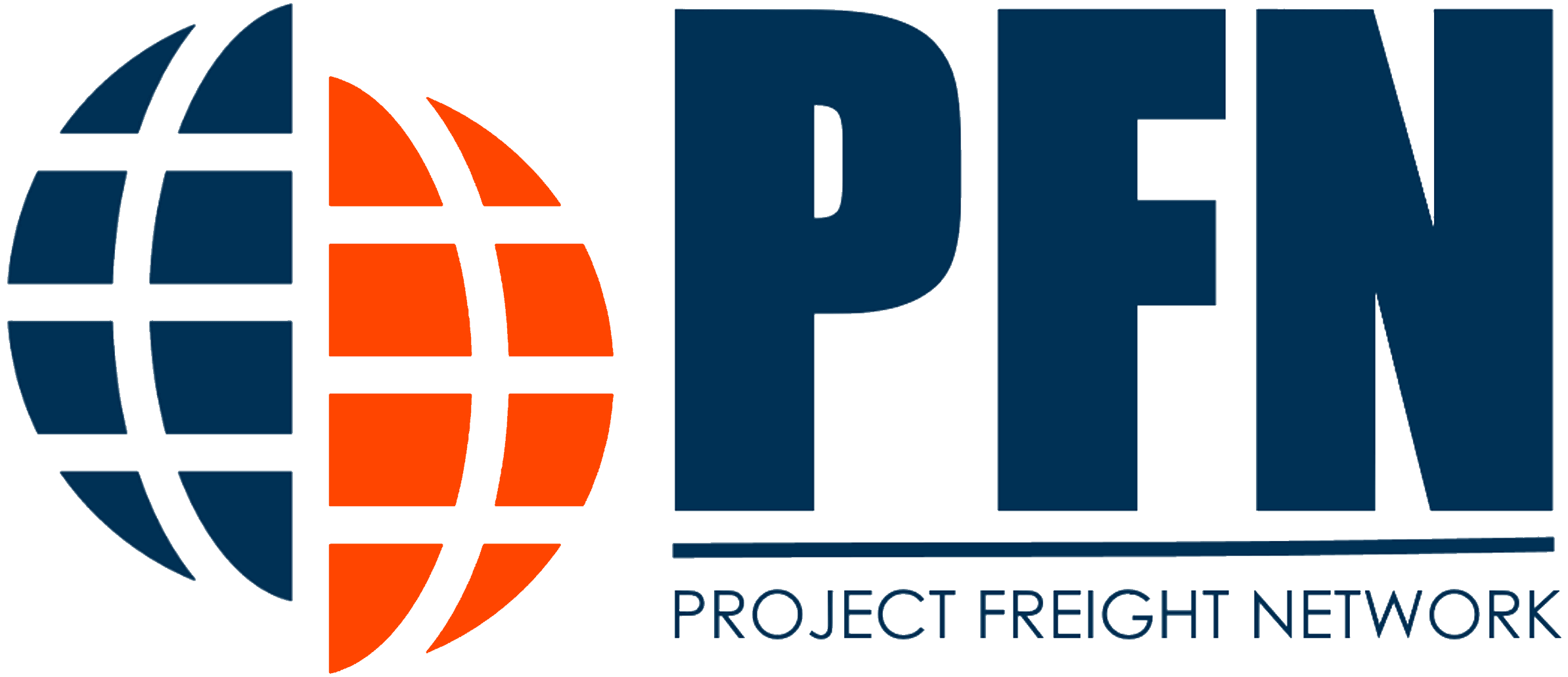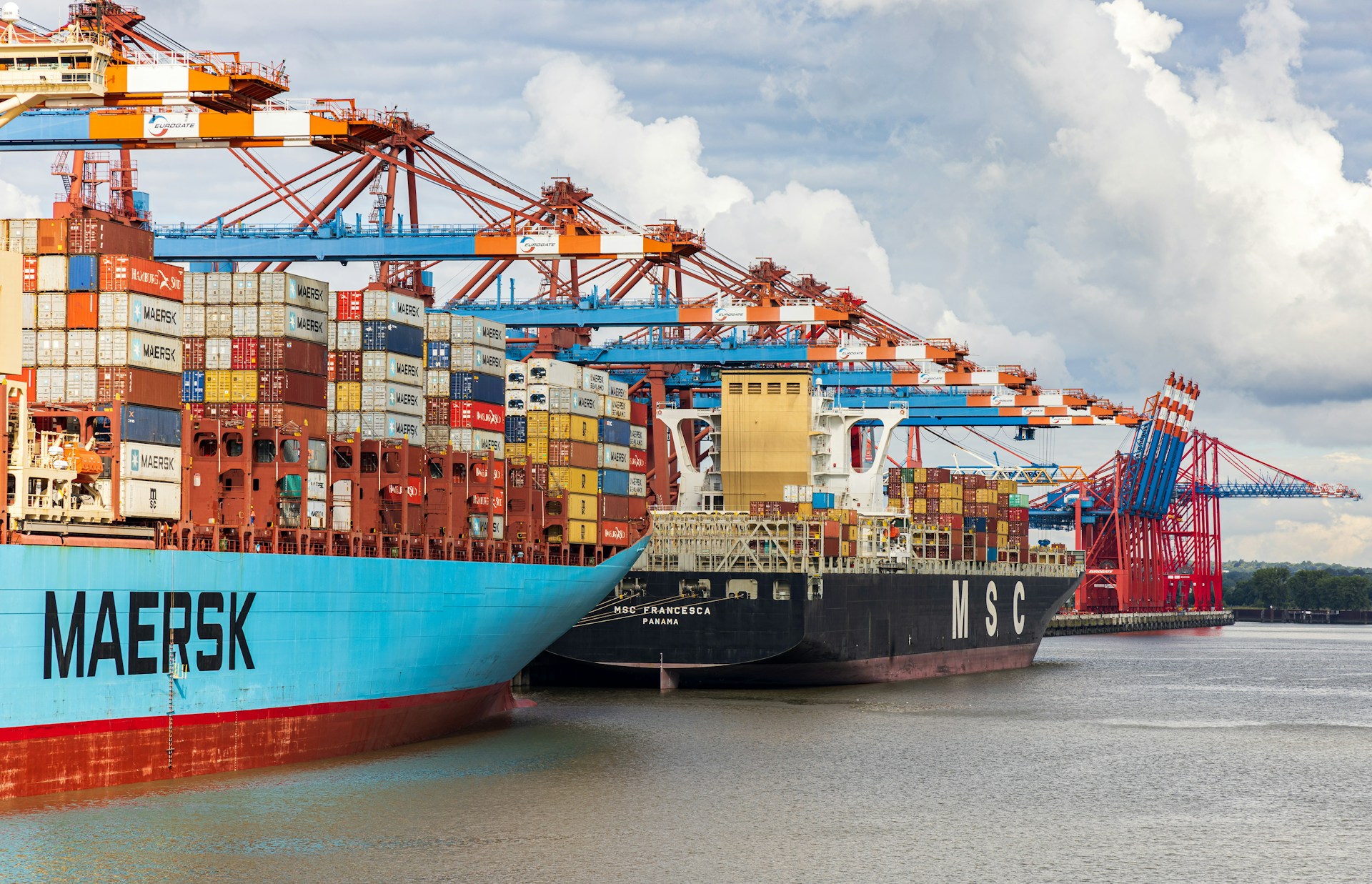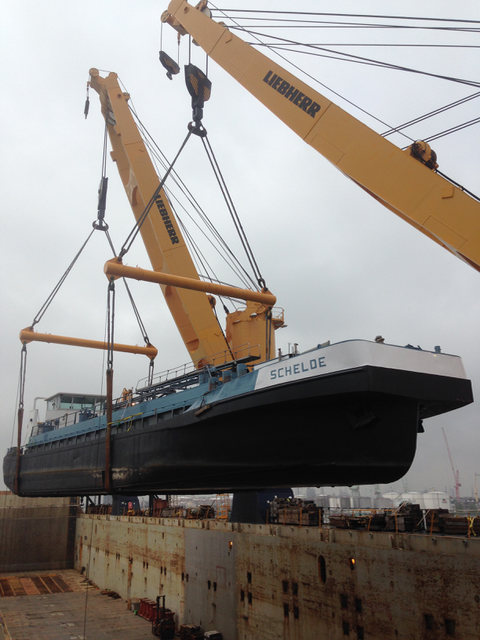In the intricate world of shipping, understanding the nuances between various documents is crucial. Among these, the Bill of Lading stands tall, serving as a multifaceted legal instrument encompassing the receipt, contract, and title of goods. Within this realm lie two pivotal entities: the House Bill of Lading (HBL) and the Master Bill of Lading (MBL).
Demystifying House Bill of Lading (HBL)
The House Bill of Lading, or HBL, emerges from the realm of freight forwarders or Non-Vessel Operating Common Carriers (NVOCC) operators. Its issuance is directed towards the actual consignee, delineating two distinct scenarios:
A. HBL for Full Container Load (FCL) Cargo:
When a shipper dispatches one or more full container cargoes under Free on Board (FOB) or Ex Works (EXW) incoterms, the buyer assumes responsibility for ocean freight. Here, the appointed buyer’s freight forwarder orchestrates operations, culminating in the issuance of an HBL to the shipper. Simultaneously, the shipping line issues an MBL to the buyer’s freight forwarder.
B. HBL for Less than Container Load (LCL) Cargo:
For smaller shipments inadequate for a full container, the shipper opts for LCL mode. Here, a consolidation of cargoes from multiple shippers transpires, with each shipper receiving a separate HBL.
Unveiling the Master Bill of Lading (MBL)
Contrarily, the MBL emanates directly from the carrier or shipping line to either the shipper or the intermediary, be it a freight forwarder or an NVOCC operator.
Key Disparities Between HBL and MBL:
- Issuer Identity:
- HBL: Freight forwarder or NVOCC operator
- MBL: Carrier or shipping line
- Shipper Identification:
- HBL: Exporter of goods (actual shipper)
- MBL: Freight forwarder or NVOCC operator
- Consignee Designation:
- HBL: Importer of goods (actual consignee)
- MBL: Overseas agent or counterpart of freight forwarder or NVOCC operator
- Document Surrender Process:
- HBL: Surrendered at destination to overseas agent or counterpart
- MBL: Surrendered at origin to the shipping line
Understanding these distinctions is imperative for stakeholders navigating the labyrinthine logistics landscape.





